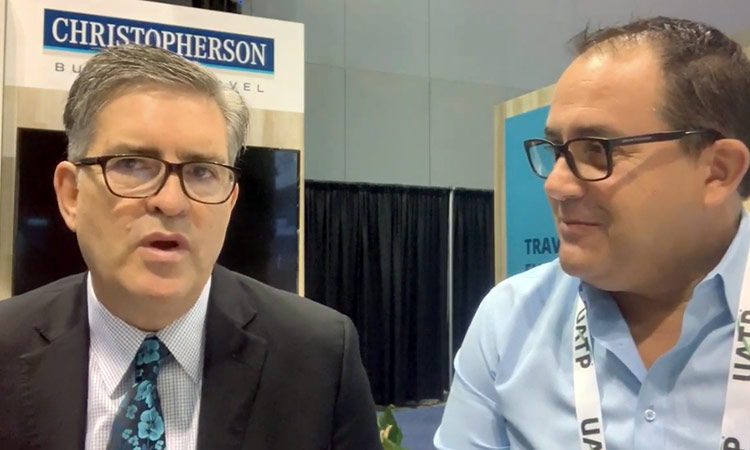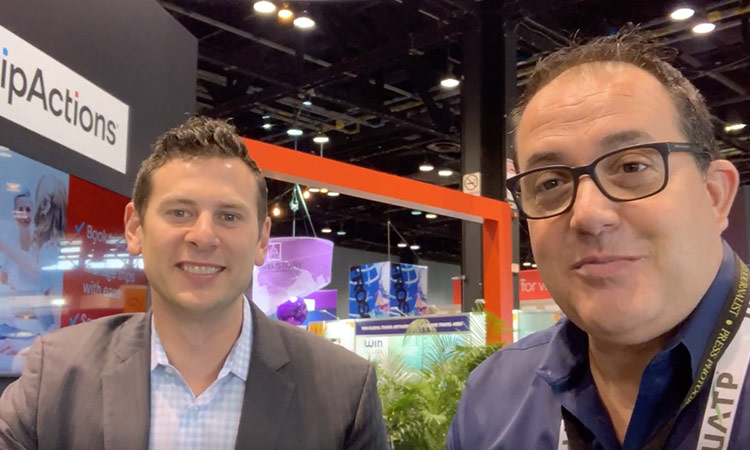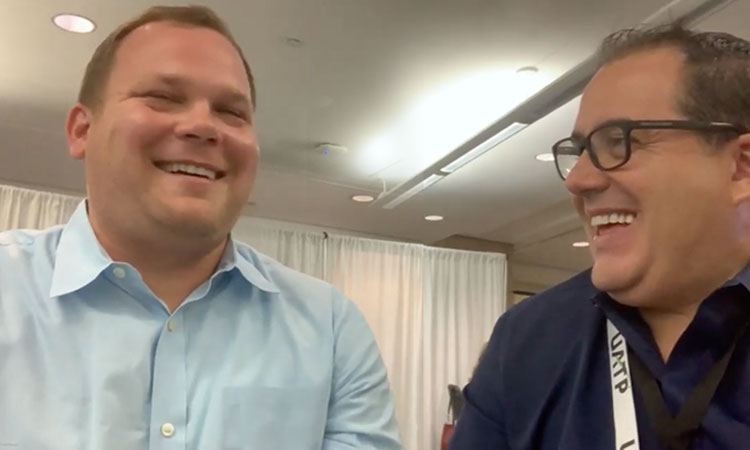
A Conversation with Mike Cameron, CEO of Christopherson Business Travel at GBTA 2019. Business Travel: Six Decades in the Making Embarking on a business endeavor in tech is not an easy task, particularly at the early stages. Having been in business for more than sixty years, since 1953, is not only proof of undoubtedly solid Read More…

